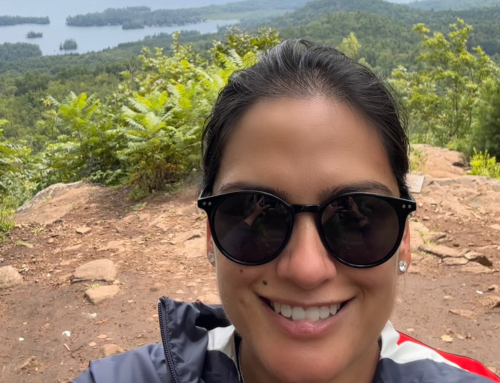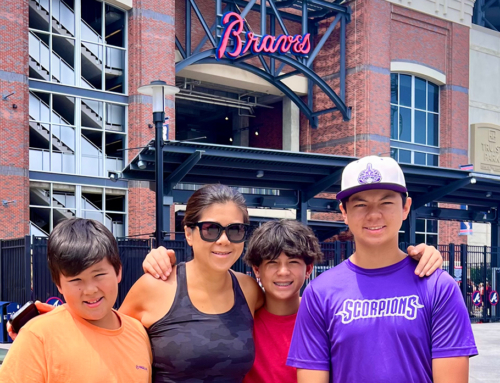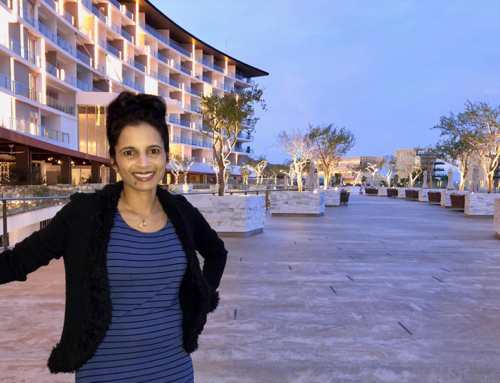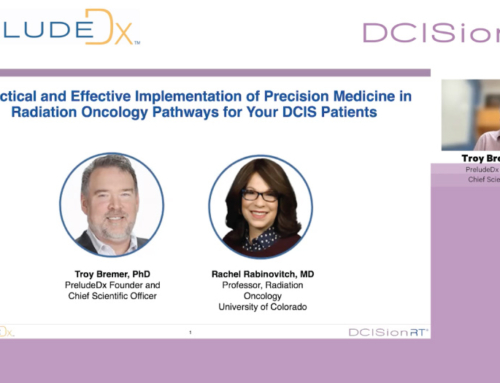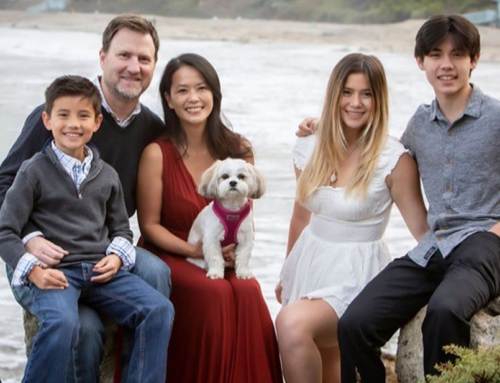Dr. Yvonne Zissiadis is a radiation oncologist with GenesisCare and practices in Australia. She is also the principal investigator of the PREDICT Registry in Australia, an observational Registry to assess DCISionRT’s impact on physicians’ treatment recommendation. In her words, ‘I am a clinician first and foremost and I participate in clinical research’. Dr. Zissiadis completed her general medical training in Western Australia before moving to the Peter MacCallum Cancer Institute in Victoria to complete her training in radiation oncology. She jumped at the opportunity to pursue her passion with a fellowship in breast cancer at Westmead Hospital in Sydney. This was followed by a position as a consultant radiation oncologist at the Prince of Wales Hospital in Randwick. In 1999, Yvonne moved across the globe to Boston for a clinical fellowship at the renowned Massachusetts General Hospital. At the completion of her fellowship, she returned to Perth as a consultant radiation oncologist and then joined GenesisCare in 2011.
Pursuing My Passion
“I became interested in breast cancer management early in my career at the Peter Macallen Cancer Institute and it has been a central part of my training. I felt there was so much we could do for our breast cancer patients who in general are very motivated to do the best that they can to manage their disease. Breast cancer patients are some of the most well informed. They reach out for more information and guidance. They also like to be part of support groups and networks to help other women diagnosed with breast cancer. I find that really invigorating. It’s a great environment to work in.”
DCISionRT in Clinical Practice
“I’m a big believer that prevention is the best type of cure. So, for ductal carcinoma in situ (DCIS), also known as stage zero breast cancer, we have a window of opportunity to be proactive before it becomes an invasive cancer. My philosophy is to personalize the treatment so that we are treating the right women and not treating the right women. I don’t want to subject someone to radiotherapy treatment if there’s no benefit for their particular tumor.”
“DCISionRT has been a huge eyeopener for me. I can’t imagine practicing without the DCISionRT tool and the molecular information. I have been privileged to be able to use it in my practice and as part of the Registry for almost two years. In fact, I have used it on over 100 patients so far.”
“In my experience, DCISionRT has been welcomed by both the patients and fellow clinicians. Both are very appreciative of having the extra molecular information available to help with decision making. It gives us all a more complete picture than we had previously.”
“As a radiation oncologist, one of the primary benefits of DCISionRT is that I now can see and treat women with DCIS who may not have normally been referred to me. Using traditional pathology, some women are deemed low risk of recurrence and not referred for an opinion regarding radiotherapy. This decision was often made by the surgeon or the multidisciplinary team. The use of DCISionRT has been enlightening for the whole care team, revealing that some women who are diagnosed as low risk via traditional clinicopathology are actually elevated risk. ‘So, my message for other clinicians is ‘don’t assume something is low risk until you look at the molecular profiling’.”
“I am fortunate that we have a close working relationship with our surgeons who are quick to embrace new technologies that enable them to provide additional information to the team and the patient. So now, as radiation oncologists, we see more DCIS patients. And the surgeons are using DCISionRT to not only determine the benefit of radiation therapy, but also as a tool pre definitive surgery to make decisions regarding their surgical plan.”
“DCISionRT plays an important role in our tumor board meetings. In fact, we have gotten to the stage now where the pathology is discussed, radiology is discussed, and if it is DCIS, the surgeons will automatically request DCISionRT. All DCIS patient samples are now sent for DCISionRT testing.
“And the patients are very appreciative of the additional information. Certainly, the patients who are considered low risk with clinicopathology are stunned when they receive a very high-risk recurrence score. But I explain ‘it’s important that we know and now we are going to reduce it with treatment.”
Advice for Colleagues
“My advice for other surgeons or radiation oncologists who haven’t tried DCISionRT is to talk to colleagues who are already using it, reach out to PreludeDx, or attend an educational session. I think a better understanding of the technology will help to dispel preconceived ideas. And the medical community needs to embrace the technology because their patients will seek it out. It’s not too far away. These are motivated patients.”
The Predict Registry
“I am very proud of my role as principal investigator for the PREDICT Registry in Australia. It has been a magnificent thing to be able to get this initiative up and rolled out in a fairly quick time period compared to other clinical studies. We have sent off over 600 DCISionRT tests in Australia with over 400 now in the Registry. I am pleased to say that molecular testing has been accepted in a very positive way.”


